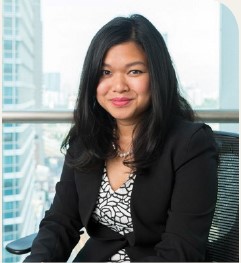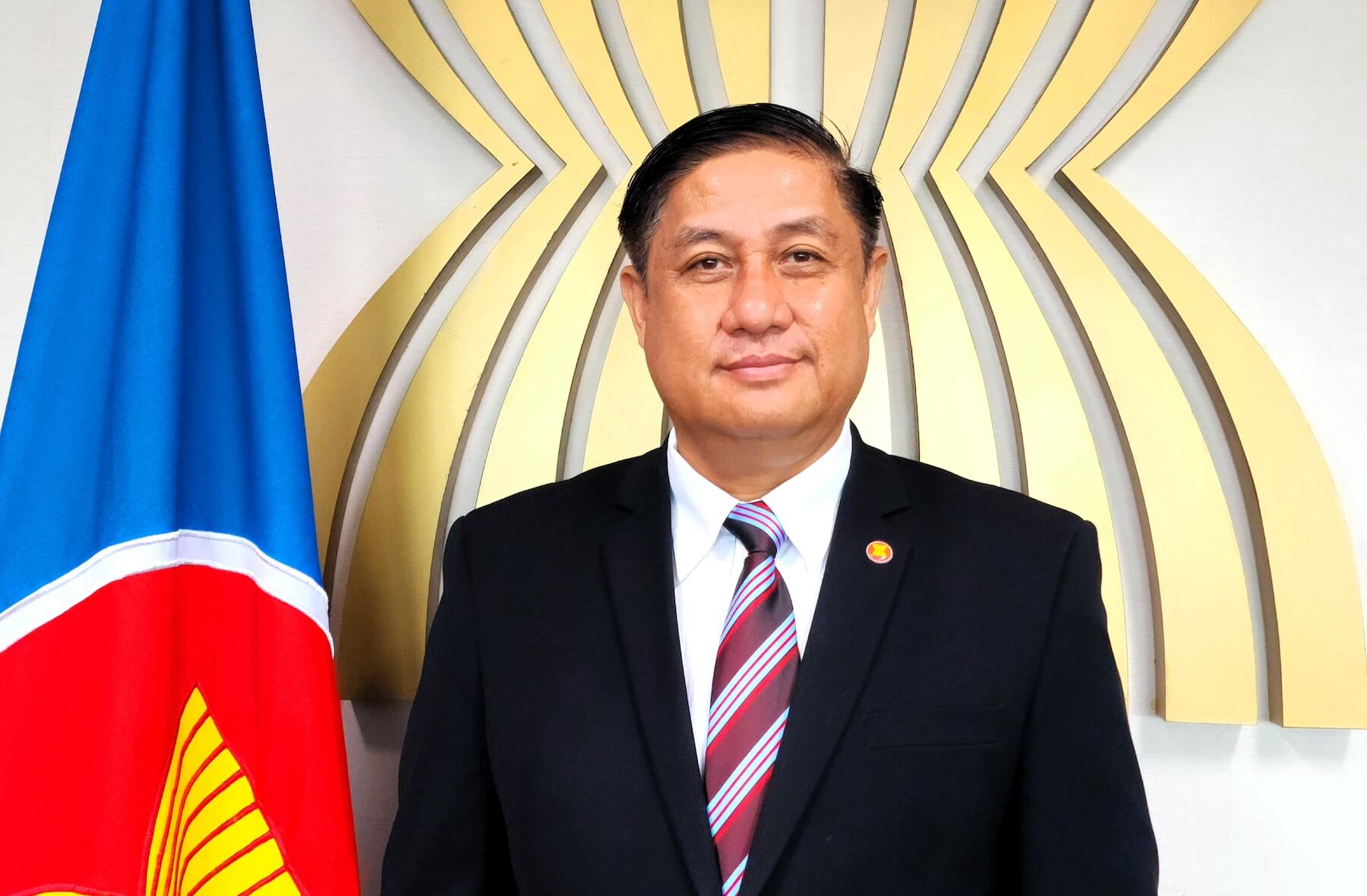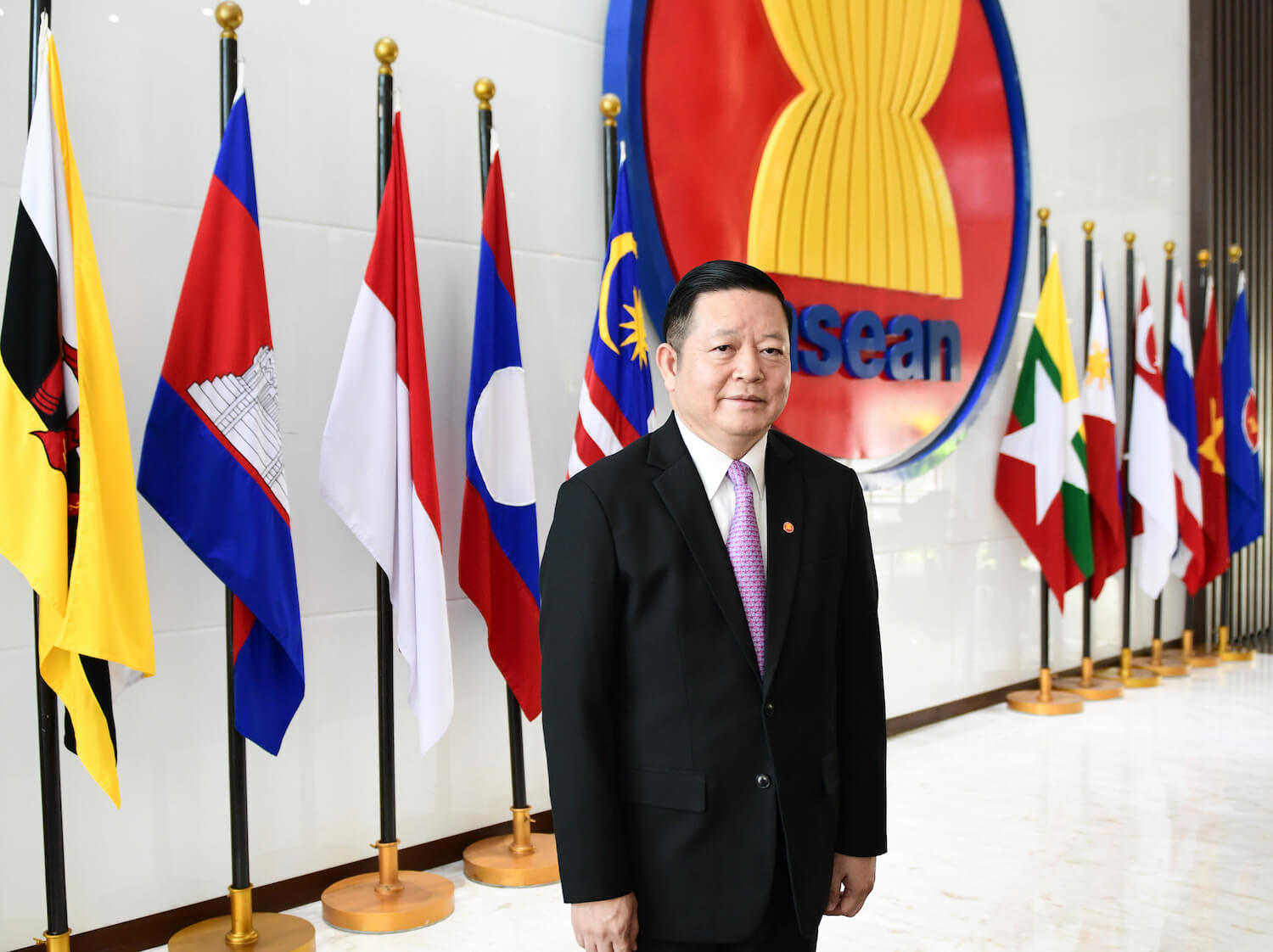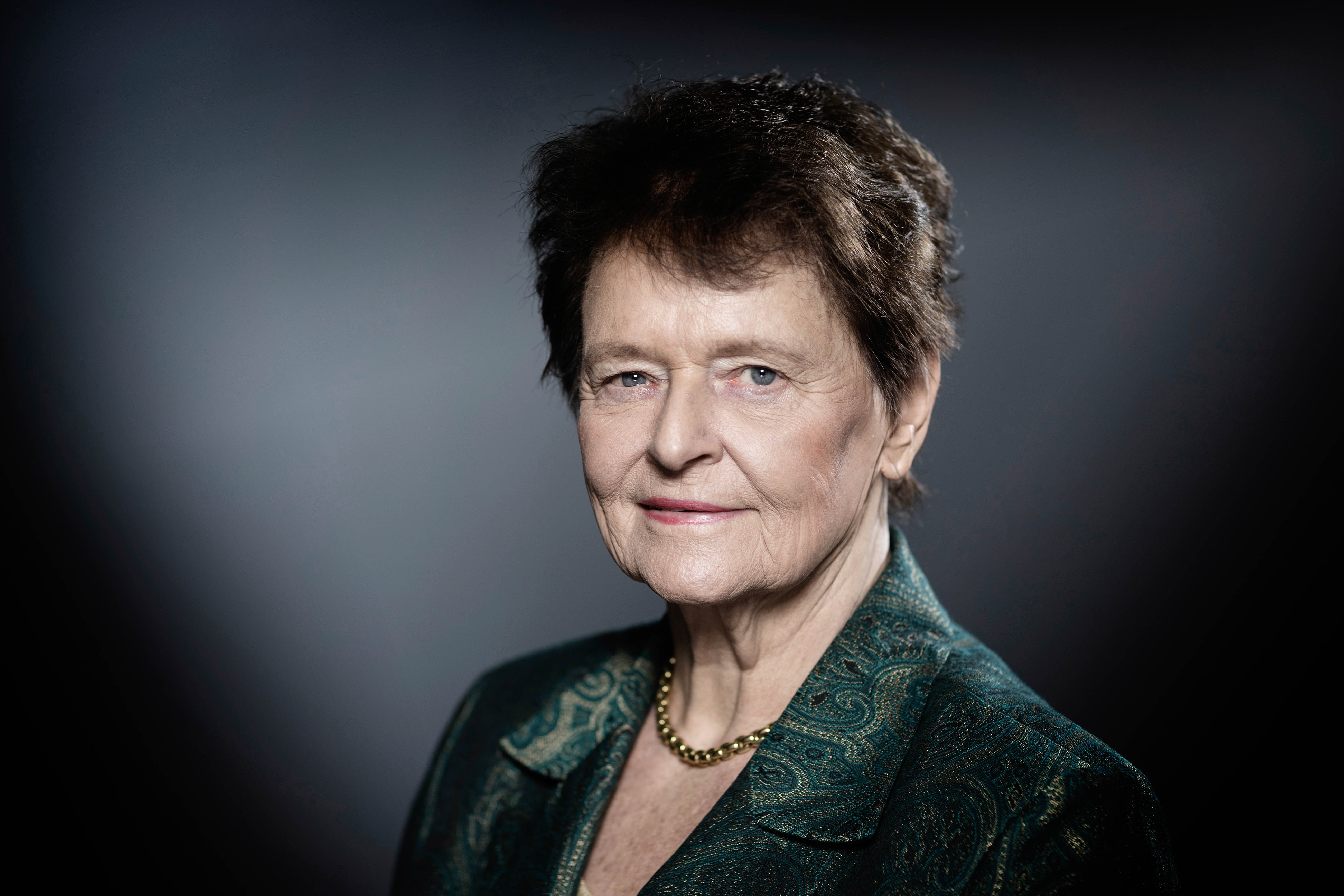



Khairun leads the UK’s International Climate Fund (ICF) in Malaysia via the UK Partnerships for Accelerated Climate Transitions (UK-PACT) programme.
As a young climate change activist, Khairun lobbied the UNFCCC negotiations, and later founded an equal opportunity zero-waste social enterprise. She has over 12 years of experience in corporate responsibility, sustainability reporting and standards, as well as capacity building for the mitigation and adaptation of climate change for the private, public and third sector.
Khairun now manages a program called “The Partnership for Accelerated Climate Transition” which is part of the UK government’s commitment to support developing countries decarbonize.
I manage a 2.5 million pound fund which is technical assistance and it’s meant to be the money lent by the government to the private sector, third sector. Civil societies tell us what is needed. We’re talking to big banks, we’re talking to governments, we’re talking to leaders who are passionate and want to create change. But it’s like asking them to go into a shop they’ve never been into and asking them to buy something they don’t know they need.
In ASEAN, because we are generally, as a people, as a community, there’s a high level of respect for each other. We need a little bit of help. We traditionally have always been supply led rather than demand led. How do we meet in the middle, for organisations or governments that are prepared to– or who have led the way or essentially have found those solutions that worked for their people?
We need to be much more focused on adaptation. We look at how our cities, our economies, and our countries will be affected by the physical risks of climate change. We’ll also be looking at transition risks. Things like coal generation. If we devolve from it, if we say that we will no longer fund that, what are the implications to the economy, so that’s a transition risk there.
One of the areas that they’re looking at is making sure the supply chains are free from deforestation. We speak about issues like climate change or industries that are a hundred years old that hasn’t changed, the palm oil industry hasn’t changed in a hundred years old and they’re struggling with labor because young people don’t want to work on the estates. If you could revolutionise the agriculture industry or the palm oil industry to attract young people, you need to have younger people around the table. How do we then allow or create an opportunity for young people to be able to sit around the table with decision makers because they have the right to this world as much as any of us do.
We don’t look at it enough from a social perspective. What does it mean for how we live, how communities grow? Are our children resilient enough to be able to make decisions in a very uncertain future? Are our economies or our supply chains, especially when it comes to things like basic needs like food and security and water, do we have enough resilience to ensure that, if the worst climate changes affect hit us, will we have the skill sets to be able to survive and thrive? It’s inevitable, we can no longer accept that’s not happening. How do we prepare for it is the big question.








